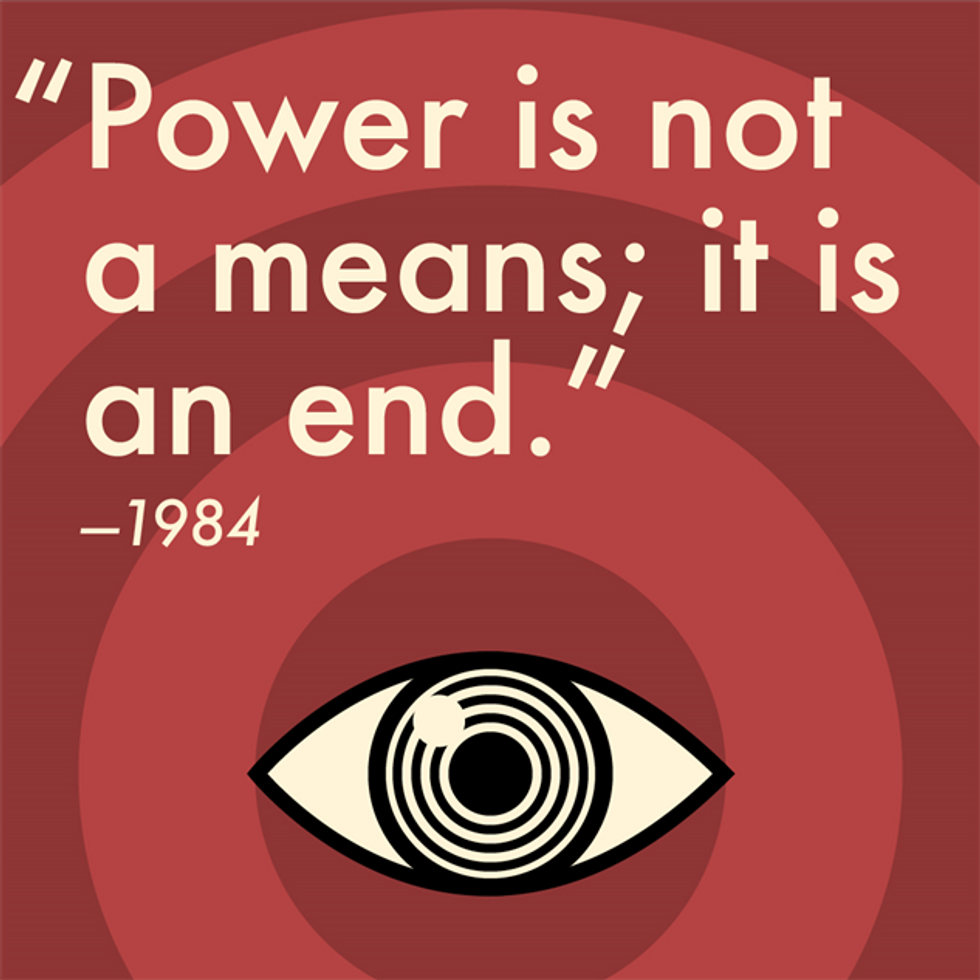Media Beat: June 22, 2020
Mainstream media have been tainted by political party stripes since the days of scriptures and newsheets.

By David Farrell
Mainstream media have been tainted by political party stripes since the days of scriptures and newsheets. Until the relatively recent rise of conglomerates, wealthy corporate sponsors were seen as either benign or meddlesome dictators, but the power these elites once wielded –– such as the Irvings, Thomsons, Murdochs –– has changed. Social media has become a powerful new voice communicating with global audiences. Sadly, these digital platforms are home to players intent on muddying, confusing and distorting so-called 'facts' that previously were tightly controlled by a small number of orgs that offered a degree of coherence in helping us understand the world around us. And then there are the 5th Columns, such as Breitbart News, that spew toxicity and divide us with partisan intent.
Modern times and the new Cold War are making truth, clarity and facts hot potatoes. Donald Trump’s weekend rally was humiliated by an army of youthful TikTok adherents who decided to embarrass him and hijack the news story he hoped to star in. But TikTok is a Chinese company and to believe that there weren’t more sinister forces behind this political act is naïve.
Today’s column focusses on a number of age-old political themes that are being freshly dusted off and re-examined. With the re-shaping of news coverage come uncomfortable truths and complicated controversies that make the simplest of stories vulnerable to endless controversy.
Covering racism: Why Canadian media struggles to get it right | The Weekly with Wendy Mesley
George Floyd’s murder and the death of Regis Korchinski-Paquet in Toronto are once again forcing journalists and editors across Canada to confront their mistakes. Nil Köksal speaks to Black journalists about what positive change would look like. - June 7
The National: Athletes speak out against racism
The theft of Africville land on Halifax’s waterfront
Could a new approach to First Nations housing be a game-changer?
Bob Dylan: Only A Pawn in Their Game
Bob Dylan watched Martin Luther King Jr. give his "I Have A Dream" speech in person, and performed at the same podium it was given at. Here's a twenty-two-year-old Dylan singing his controversial song about the assassination of civil rights activist Medgar Evers just a few months earlier in 1963. This footage was ripped directly from tape, and the audio beginning at eleven seconds is dubbed with the officially released version from Dylan’s six-LP set, The 50th Anniversary Collection 1963.
















